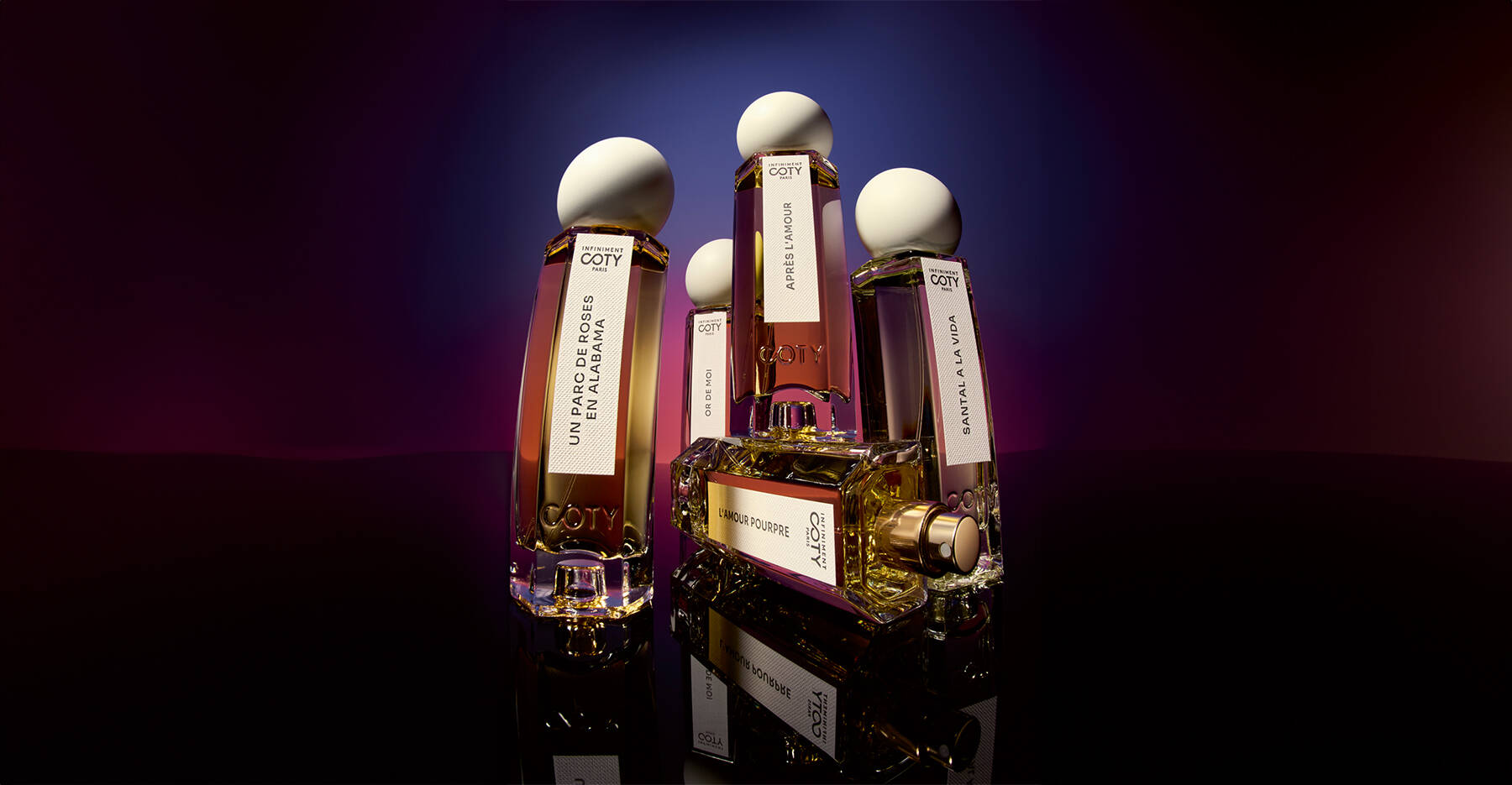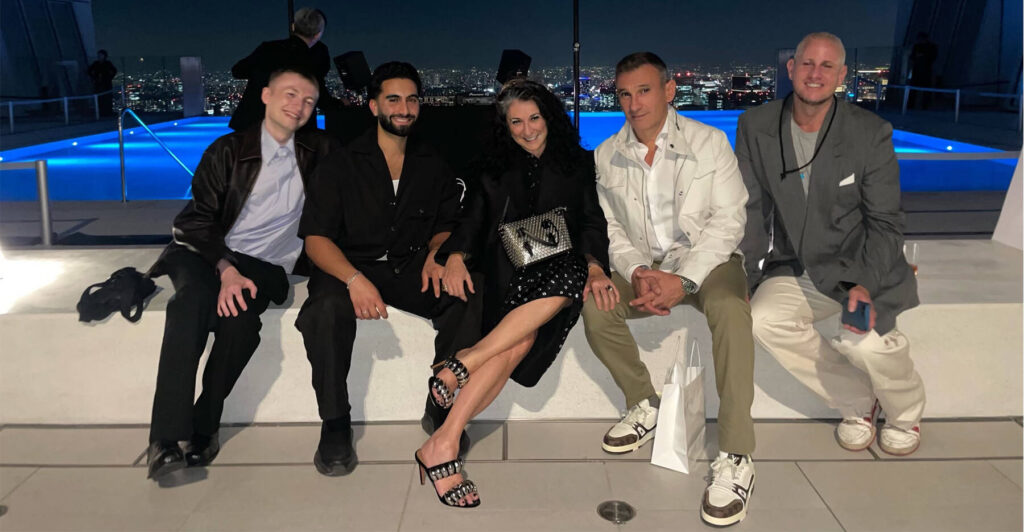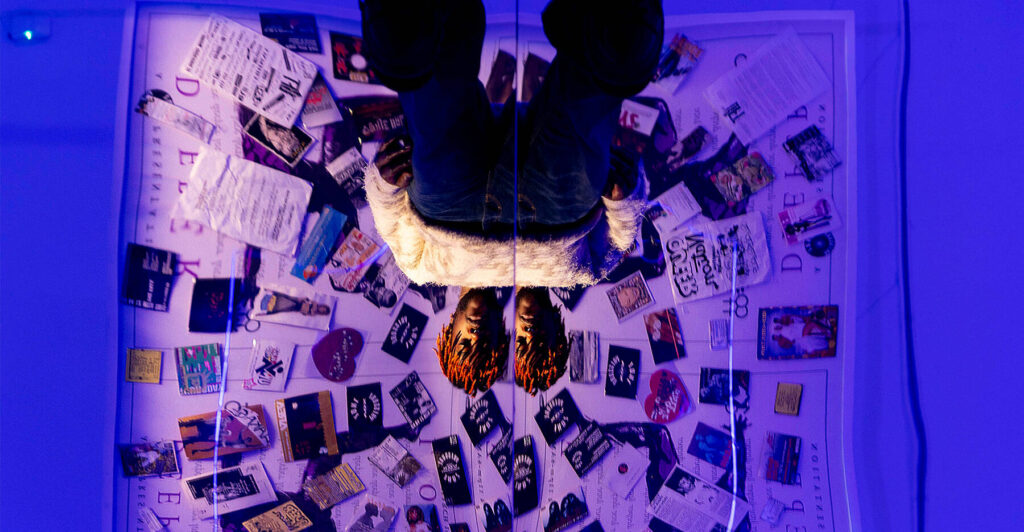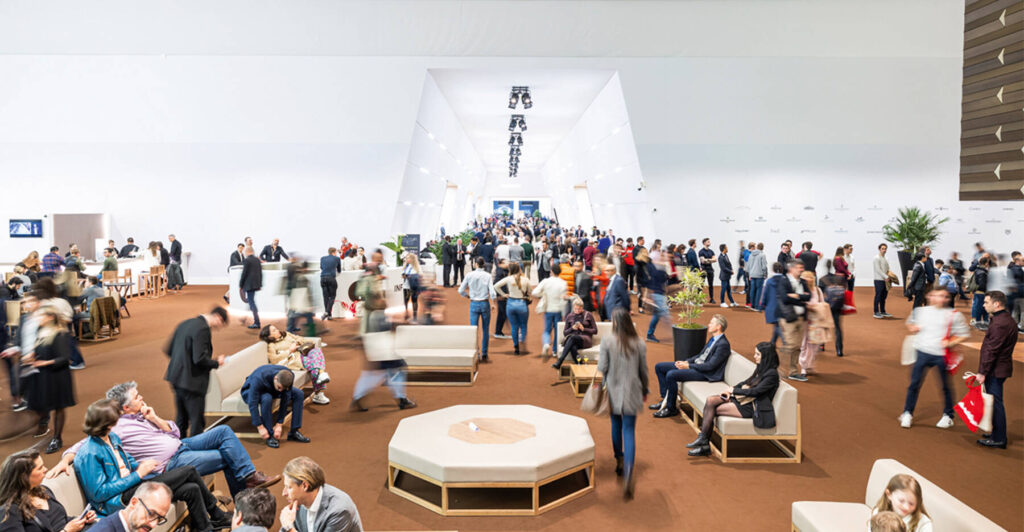Few fragrance launches have intrigued us as much as Infiniment Coty Paris’s I Am Dusk collection. The acclaimed fragrance writer Tony Marcus explores its five different moods, while creatives from fashion, art, music and literature respond to the sensual scents.
Those who know the history of perfume know that Coty is a legendary brand. Its perfumes from the 19th century, notably L’Origan (1905) and Chypre (1917), played key roles in shaping all aspects of modern perfume. And the mysterious and mossy accord that is Chypre, François Coty’s invention, continues to influence. There are stories about vintage bottles that sell for indescribable amounts. But perfume, like fashion, is forward-looking. Perfume is connected to science. And it imagines the future. For the first time in decades, Coty has used its name on new perfumes. There are 14 scents in Infiniment, with the range created under the direction of Sue Nabi and Nicolas Vu: Nabi was previously the president of both L’Oréal and Lancôme and together they launched skincare brand Orveda. Their new Coty fragrances have a relationship with classical French perfumery, but the way in which they radiate is modern. Coty has developed a new technology (Molecular Aura) based on a fermented sugar molecule that changes the way perfume moves over time.
“It slows down the evaporation profile of selected ingredients by gently bonding with them to extend these scent signatures throughout the day,” says Severine Dallet, the brand’s senior manager of fragrance design.
This term ‘evaporation profile’ is very telling. It aligns with my experience of the perfumes, which feel less enslaved to the traditional pyramid structure. Sometimes the scents move like an emanation or floating cloud of shifting accents.
The Infiniment range has a sci-fi look. The bottles are packaged in white cartons that look like escape pods from a spaceship. The perfumes are vegan and include ingredients such as a new upcycled alcohol that uses captured carbon dioxide from factory pollution. In addition, each scent contains only purified water and concentrated fragrance oil.
In one of their perfumes there is a rose that never dies. It flickers and dances with mist but never vanishes. It is infinite, as Infiniment suggests. The Molecular Aura technology, say Nabi and Vu, allows them to create resonant effects with fewer ingredients – they have a new power with minimalism. But the ingredients and accords in Infiniment are traditional. We are still living in a world where sandalwood is combined with jasmine, as perhaps nothing else will be so dry and sensual. The bottles themselves are “infinitely refillable”, say Coty. Or you can return them and they will be given to artists to be turned into new works.
With regard to the infinite, I am embarrassed to talk about Proust because I never finished In Search of Lost Time. And it is very clichéd to talk about Proust, perfume and memory. But in the paragraph about the madeleine, we find the word “infiniment”. A word central to that moment. His mind is tied to the madeleine but wanders ‘infinitely’ beyond it (en Français, Proust sighs, “le dépassait infiniment”). Monsieur Proust nibbles cake and reconstructs a lost world (the vast book) from his memories.
Perfume has its own way of working with the past. Coty’s bottles capture the essences of vanilla, rose, myrrh, patchouli, bergamot, the flowers of Europe, balsams of tropical trees, the incenses found in cathedrals and the DNA of nature. And each ingredient tells a story. The spices speak of great ships and traders, pirates and oceans. And chypre or lavender and vanilla belong to 19th-century Paris, a city that lives in books and paintings and the memories of François Coty, great perfumier of Paris. Catapult these bottles into space and this much of Earth will endure. Not as memory but reality. Infiniment. For ever.



